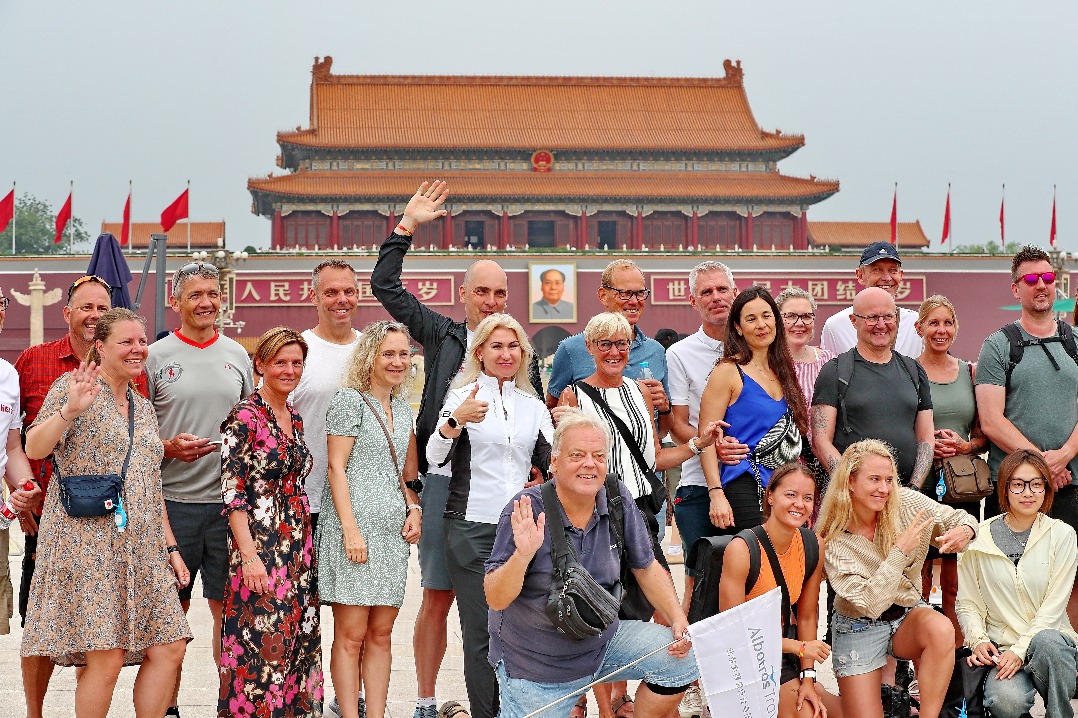China's 18 years in the WTO: resilience through multilateralism
By Supachai Panitchpakdi | chinadaily.com.cn | Updated: 2019-12-11 21:29
The report offers honest comments on China's key strategic economic challenges, which include the need for more competition within the economy, continuing reforms of State-owned enterprises, system-wide innovation, sustaining green growth, social protection and in particular for China to continue integrating with global markets.
With the launch of China's 12th Five-Year Plan (2011-15), the reform process deepened and pressed forward with greater speed. The most prominent push in this drastic reform can be seen in major areas of technology, services, SOEs and integration with the global economy.
With regard to technology, China is advancing its climb by investing heavily in research and development to shift from traditional labor-intensive manufacturing.
Some countries perceive China's efforts to become a dominant player in advanced technology as a threat, both in terms of security and hegemony over the global economy. In its massive endeavor to achieve technology targets, China may therefore need to be cautious in its tech transfer efforts and in heavy subsidies generated by this active industrial policy.
The "kicking away the ladder" mentality by advanced economies may hinder the technological progress of China and other countries in Asia. Companies from advanced economies were once given a free hand in investing and taking over firms in poorer parts of the world, but when economic conditions begin to reverse, poorer economies are blocked from investing in advanced countries' tech firms under the accusation of "forced technology transfer".
The most recent example is the transformation of Germany's automotive industry, where a devastating series of job losses is tolerated to prevent foreign takeovers.
Led by the likes of China, Japan, South Korea and India, for example, Asia will close the technology gap with the West sooner or later. Trade competitiveness would be enhanced and developing countries would cross the middle-income hurdle and compete with the industrialized world on a more even basis.
It used to be developing countries complaining of the lack of an even playing field at the multilateral trade level. But now it seems leading economies like the US and European Union would take over this complaint, even to the point where they demand a holistic reform of the WTO.
What is alarming is the threat posed by unilateral trade restrictions that can lead to a global contraction of trade volume, resulting in falling world investment and eventually to global economic slowdown. There is enough evidence that any economy, however large it may be, will not be able to solve its own trade deficit by using trade restrictions to penalize trading partners. The culprit country will always end up suffering from its own restrictions in terms of higher consumer prices and contraction in related industries, with little impact on its own deficit.
























